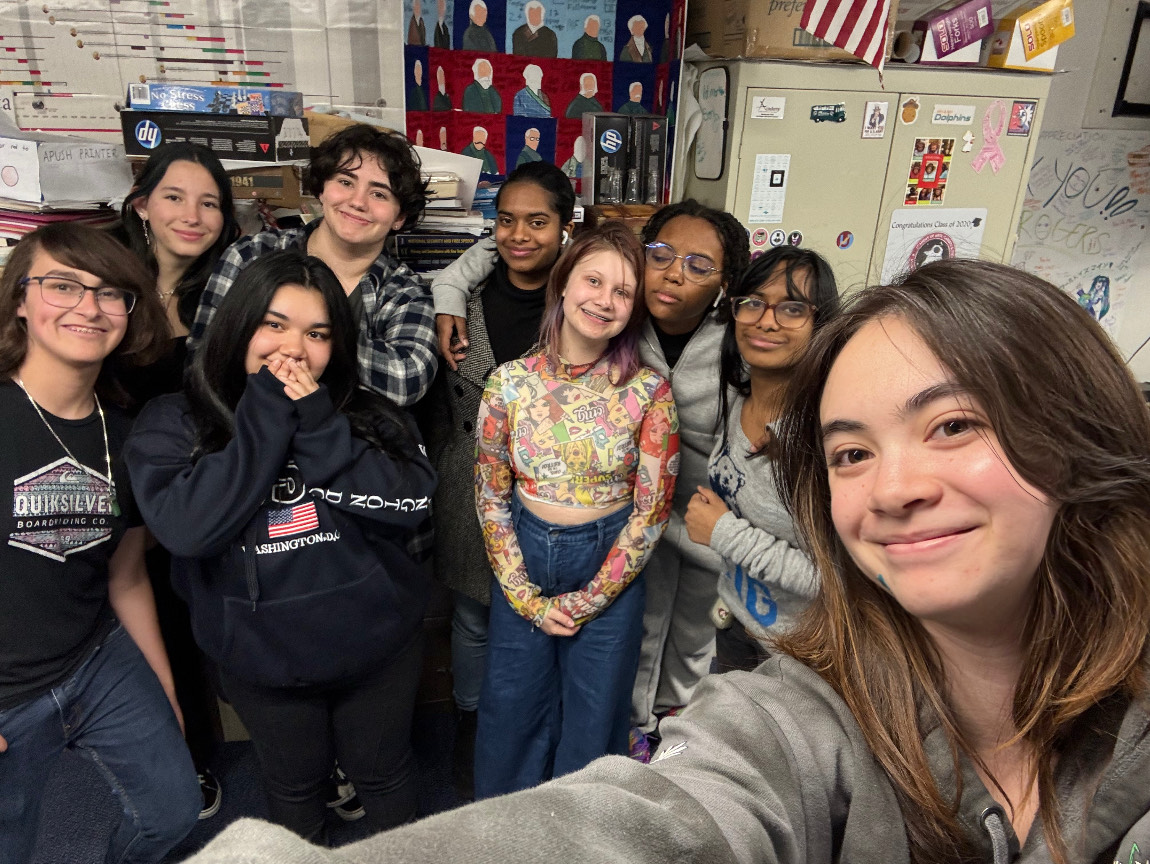This is a story (1). Ten years ago, after a series of medical exams, oscillating between doctors and specialists, I was diagnosed with juvenile myoclonic epilepsy (JME), a type of genetic, generalized epilepsy that is frequently diagnosed in adolescents resulting in seizures most commonly observed soon after waking up or before sleep. Upon learning about my chronic condition, I realized that it would require lifelong medication and a complete shift in my lifestyle. At the time, I didn’t fully comprehend what my diagnosis entailed or have the foresight to recognize the extent to which it would impact my life.
For as long as I can remember, I have consciously, deliberately, and carefully covered my diagnosis. I would minimize myself and shapeshift in conversations and spaces that required me to disclose. For instance, every time friends requested that I stay up late, I would vaguely allude to my rigid sleep schedule, never fully admitting that all parts of my life had been curated around and by my chronic condition. I hadn’t realized the extent to which my life was engulfed by the looming presence of my chronic condition until I spoke to someone who was also diagnosed with the same condition. A few months back, my boss had mentioned that her friend’s daughter, Stephanie (2), had recently been diagnosed with the same condition, and was looking to speak with young individuals navigating life with chronic illnesses.
A week later, Stephanie and I chatted over the phone for a few hours, discussing the granular details of our diagnoses, medications, long–term side effects, and lifestyles. I recall sharing how I have spent the last ten years trying and testing myriad different methods and establishing a routine that is deeply attuned to the reality of living with a chronic condition. As I shared my carefully curated routine, I recall being struck by the extent to which my chronic condition had permeated every part of my life and the sense of vigilance that I had developed to carefully mask, cover, and downplay it. In many ways, I admired Stephanie’s transparency and courage to openly connect with others living with the same condition. My conversation with Stephanie was a moment of profound reckoning with the loss and learning that reside in the quiet and sustained presence of a chronic condition. It suddenly occurred to me that in 10 years of my diagnosis, I hadn’t discussed my condition or its impact with anyone beyond a close circle composed of my parents, siblings, and doctors.
I’ve spent the last few years trying to more deeply and closely understand what exactly it means to live with a chronic condition. For the longest time, I felt that I wasn’t worthy of care, that I needed to do something or be someone to care for myself. More than anything, I felt pressured to prove to myself that I could live a full life despite a chronic condition. But, the reality is that I was always living with and alongside a chronic condition, not despite it. The last decade has been punctuated by numerous health scares, medical exams, and a plethora of re-adjusted medical prescriptions. This has taught me that living with a chronic condition demands self-compassion, empathy, and a serious commitment to building a relationship with ourselves by centering care and self–compassion. We owe it to ourselves to care for ourselves in meaningful, consistent, and empathetic ways. At its core, living with a chronic condition has demanded that I extend the same care and compassion that we so often and so easily extend to others to myself.
In many ways, we tend to think of care in relational opposition to struggle, refusal, neglect, harm, violence, and disinterest. My journey with a chronic condition has taught me that care and struggle are not simply opposites, but rather they are deeply interconnected. Care is not just a response to struggle but rather a long, arduous, perpetually evolving, and demanding struggle for self-compassion and kindness. By extending kindness to myself, I am not only recognizing my full humanity but also giving myself permission to be a full, complex, messy, and imperfect human. Ultimately, caring deeply and profoundly for ourselves and each other is what makes us human.
I’ve spent far too long carefully protecting these stories—downplaying and covering them, not drawing attention to them. I have now realized that perhaps it is time to share these stories, not because I have magically mustered the courage within me, but rather in the hopes that by doing so, I may provide the assurance and affirmation that I so desperately yearned and searched for since the time of my diagnosis. Sometimes stories are meant to be shared. This is my story, and I thank you for reading it with a gentle heart!
- By using these words, I am invoking Indigenous rhetorician, Malea Powell, and my mentor, Marilee Brooks-Gillies, both of whom have taught me the value and importance of stories.
- This is a pseudonym to protect the identities and privacy of individuals referenced in this story.




















